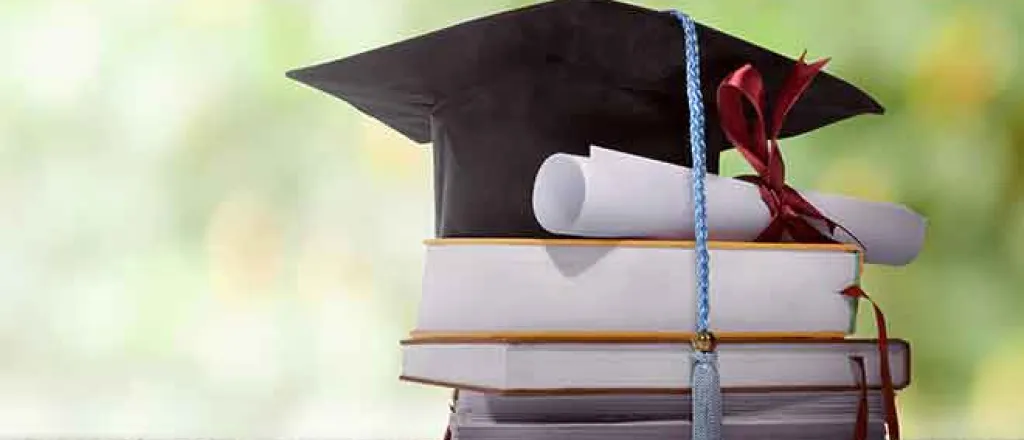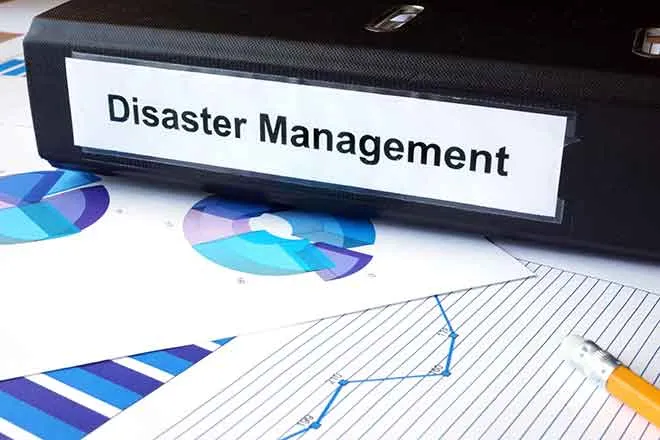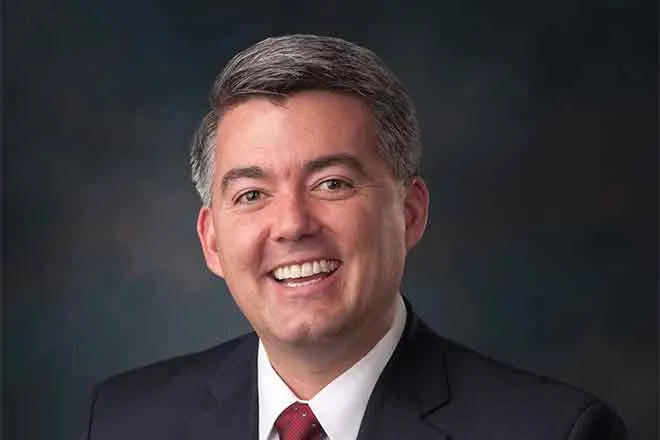
Colorado Supreme Court gives school districts OK to raise revenue
(The Center Square) – Colorado’s Supreme Court ruled Monday that local school districts may recover the millions of dollars in lost revenue they suffered because of the COVID-19 pandemic.
The ruling is a direct response to House Bill 21-1164, which would correct guidance from the state education department to reduce property tax mill levies that support public schools. It also corrects this guidance to restore the levies to their voter-approved levels.
HB21-1162 is sponsored by Sens. Rachel Zenzinger, D-Arvada, and Stephen Fenberg, D-Boulder, and Reps. Daneya Esgar, D-Pueblo, and Alec Garnett, D-Denver.
“I’m thrilled to see that the Supreme Court has affirmed the legislature’s fix to our unequal, unfair school funding structure,” Majority Leader Fenberg said in a statement. “Today’s decision will have profound impacts on our education system, finally giving Colorado the opportunity to build an equitable revenue system that can provide adequate funding for all students – no matter where they live.”
Public and charter K-12 schools in Colorado are constitutionally required to be funded by the state Legislature. However, additional provisions in the Taxpayer Bill of Rights (TABOR) place limits on how revenue must be raised. For example, revenue raised via taxation must be approved by Colorado voters.
Between 1994 and 2002, voters in 174 of Colorado’s 178 school districts chose to permanently waive the mill levy requirements to fill gaps in funding. Democrats contend the state education department then erroneously told school districts to reverse the levies despite voter approval in 2020.
As a result, some property owners pay tax rates as much as 16 times higher than those of taxpayers in neighboring school districts, even if their properties are similarly valued.
“Today’s groundbreaking announcement from the Supreme Court represents a monumental step toward repairing our state’s broken education funding system,” Esgar said in a statement.
In the opinion of the Court, Justice Richard Gabriel argued that the “unique circumstances” of the COVID-19 pandemic allows the General Assembly to “gradually eliminate the temporary tax credits” in HB-1164 without obtaining voter approval.
“Despite the fact that TABOR’s revenue limits had been waived immediately after each of these elections, the CDE continued to advise local school districts to calculate mill levies in accordance with TABOR’s growth-plus-inflation limits, as if the districts’ voters had not waived those limits,” the opinion reads.
Chief Justice Brian Boatwright dissented from the opinion. He argued that “fully funded schools are essential,” but quibbled with the bill’s provisions to raise school mill levies in 127 school districts across the state.
“This increase in revenue – which is expected to continue increasing over the next nineteen years in some districts – will be generated from property owners all across our state,” Boatwright’s dissent reads. “Put simply, due to the mill levy increase, property owners will pay more taxes from one year to the next. That is the very definition of a tax increase under our constitution. Therefore, in my view, this bill violates our constitution by raising tax rates without voter approval.”

















